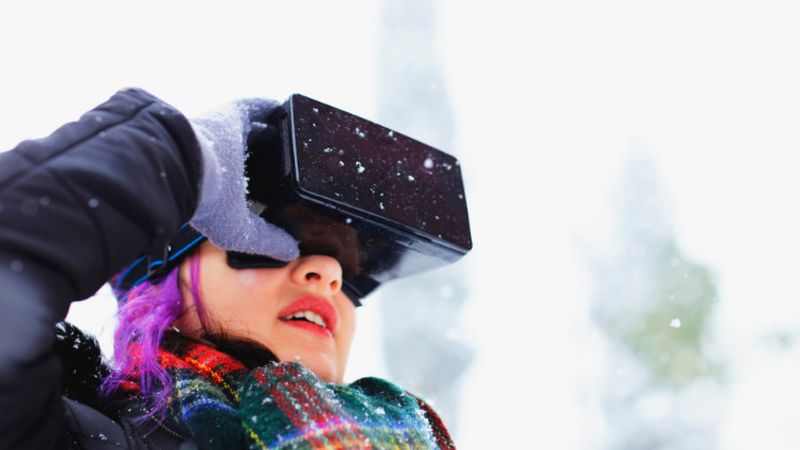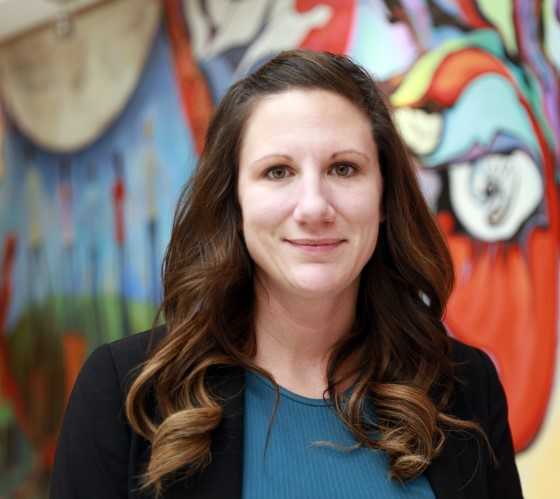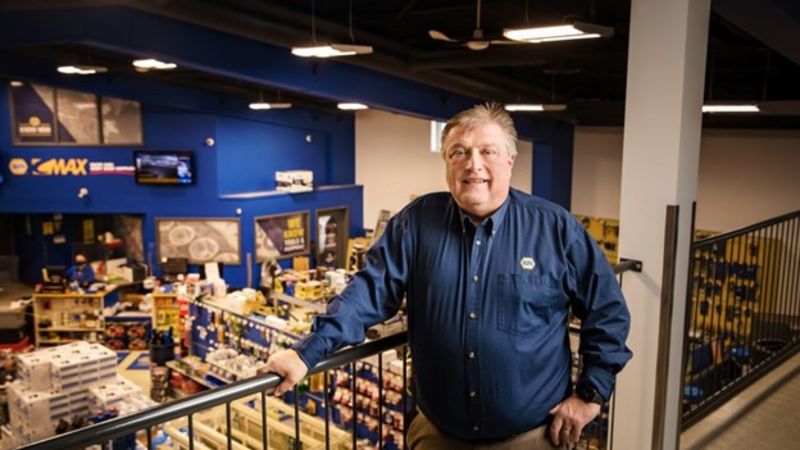
Northern Sask. high school testing limits of virtual reality for mental health support
A unique form of technology is being explored to help assist youth in La Loche, dealing with mental health needs.
Sask. Polytech has been working with students at the community’s Dene high school, exploring the possible uses of virtual reality. Lindsey Boechler, Sask. Polytech researcher for the Centre for Health Research, Improvement and Scholarship, previously served northern communities as a paramedic.
“A lot of times I would end up transporting individuals requiring mental heath care, hours to urban centres or to the nearest centre that could provide the care,” she said.
The Sekwe’ha (for the children) takes a multi-pronged approach to providing better mental health supports and enhancing accessibility to care. Boechler provided one example where the technology can actually take the students to a place that makes them feel safe.




